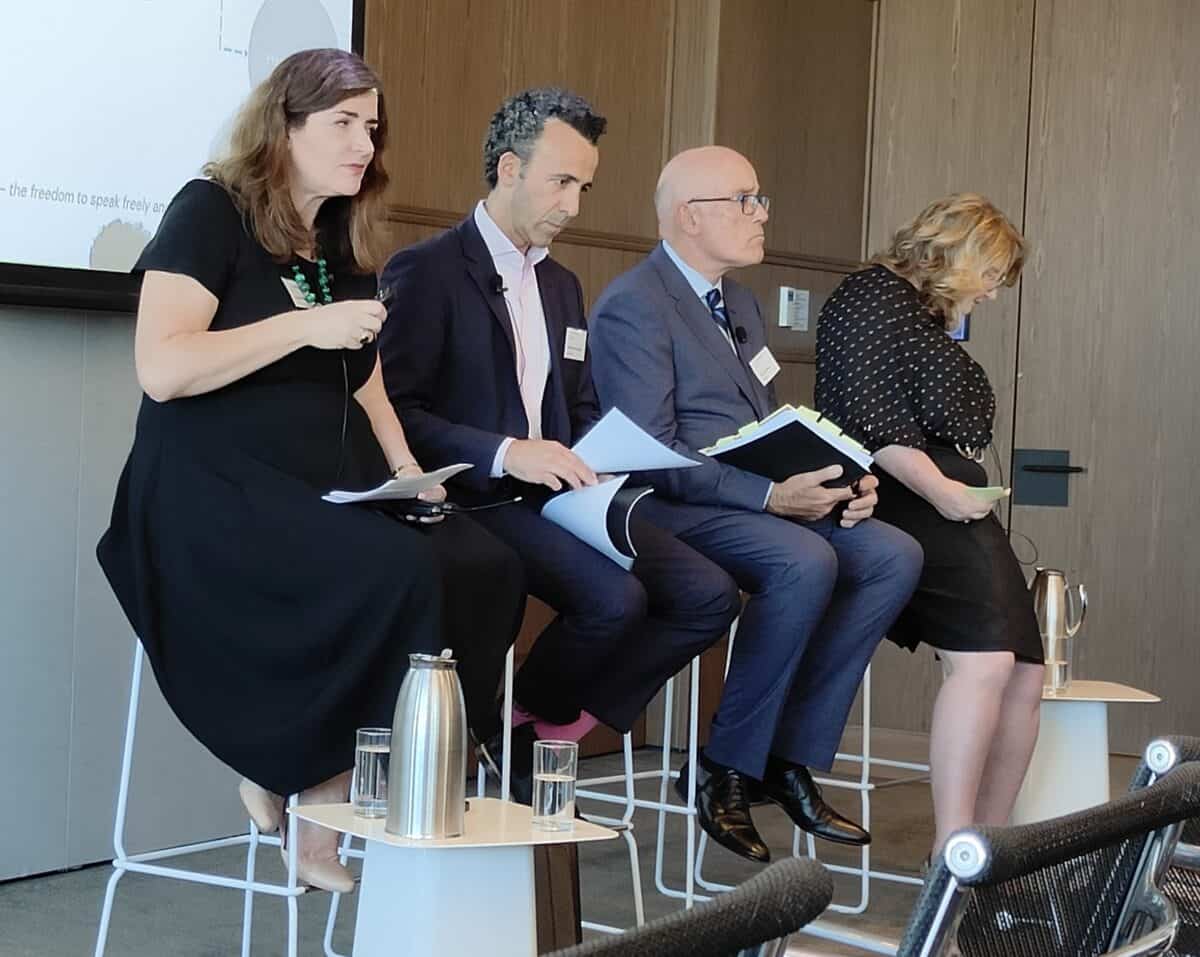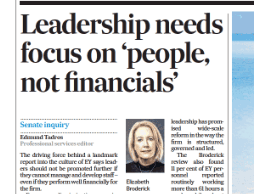In December, Australian law firm Maddocks launched its 2023 Year in Review. Two items were directly relevant to occupational health and safety (OHS) – Sexual Harassment and Psychosocial Safety – both addressed by Catherine Dunlop. The size of the challenge ahead on both these topics was shown by the Australian Financial Review on December 7, 2023:
“Fewer than half of directors are confident their companies will be able to adhere to new workplace sexual harassment standards when they come into force next week, with just one in five female directors saying their boards understand the requirements of the new regime.”
Outside of the Maddocks launch, there is also some speculation that Victoria’s proposed psychosocial regulations may never happen.






